Latin
Introduction
Every student at Halliford gets the opportunity to study Latin. The aim is to help the students to develop:
- their knowledge of vocabulary, grammar and syntax in order to read, understand and interpret Latin.
- their knowledge and understanding of ancient literature, values and society through the study of original texts, adapted and abridged as appropriate.
- their knowledge and understanding of Latin to deepen their understanding of English and other languages. This will help them to relate their knowledge and understanding of the ancient world to other disciplines.
- their research and analytical skills which will empower them to become independent learners and enquirers, equipping them for further study in arts, humanities and sciences.
Years 7 – 9
Latin is taught in Years 7 and 8 following the De Romanis course. The aim of this course is to introduce the boys to the language and then to develop their vocabulary knowledge and grammatical understanding.
In Year 9, boys continue with Latin and De Romanis, and this is complimented with a discreet Classical Civilisation Course.
GCSE
Latin is taught at GCSE. Under the new GCSE Syllabus there are three elements to the Course:
Language: where students will develop their knowledge of Latin vocabulary and linguistic structures through reading and studying texts and stories in Latin. They will then demonstrate their linguistic competence through the translation and comprehension of unseen Latin passages. Students will also be able to demonstrate their linguistic ability by either recognising, analysing and explaining accidence and syntax within the context of a narrative passage or by translating short sentences from English into Latin.
Literature: where students will develop their knowledge and understanding of ancient literature through studying of a set text. This will assess students’ ability to analyse, evaluate and respond to the ancient literature they have studied. Each set text or group of texts will be between 110 and 120 lines in length.
Literature and Culture: where students will knowledge and understanding of Roman civilisation and culture through the study of ancient literature and other ancient source material. Students will study both the prescribed ancient source material, and also study additional ancient sources covering similar content to help illustrate the topics they are studying and provide opportunities for comparison. The topics include: ‘Myth and Belief; ‘Entertainment’; ‘The Romans in Britain’.
Tours and Trips
Pupils have been taken to Bath, Butser Farm and Fishbourne Palace in order to bring to life the ways in which Romans influenced the Britons.
Overseas trips have been undertaken to Naples and Pompeii.



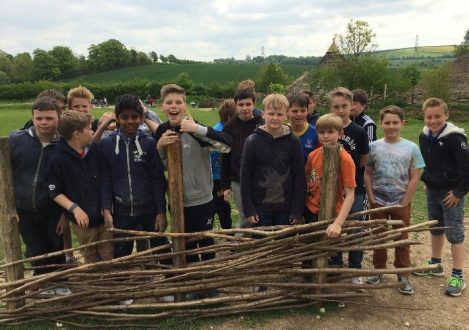
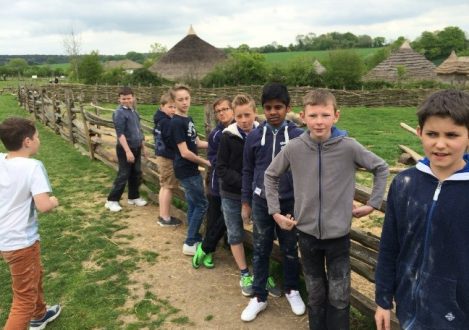


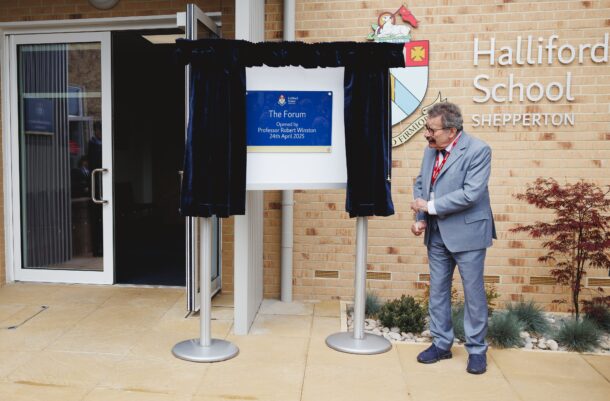
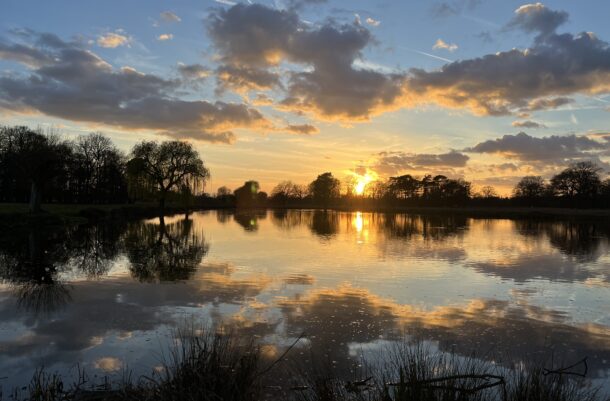
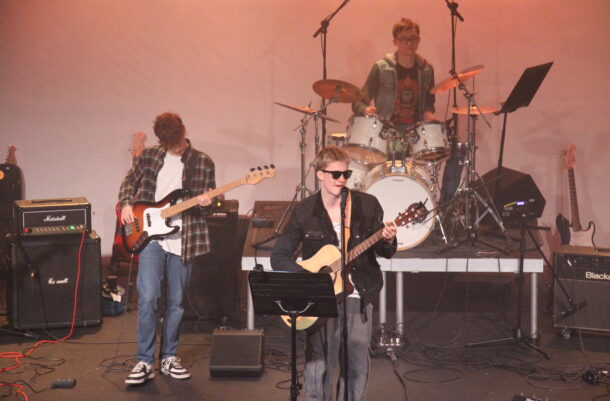


0 CommentsComment on Facebook